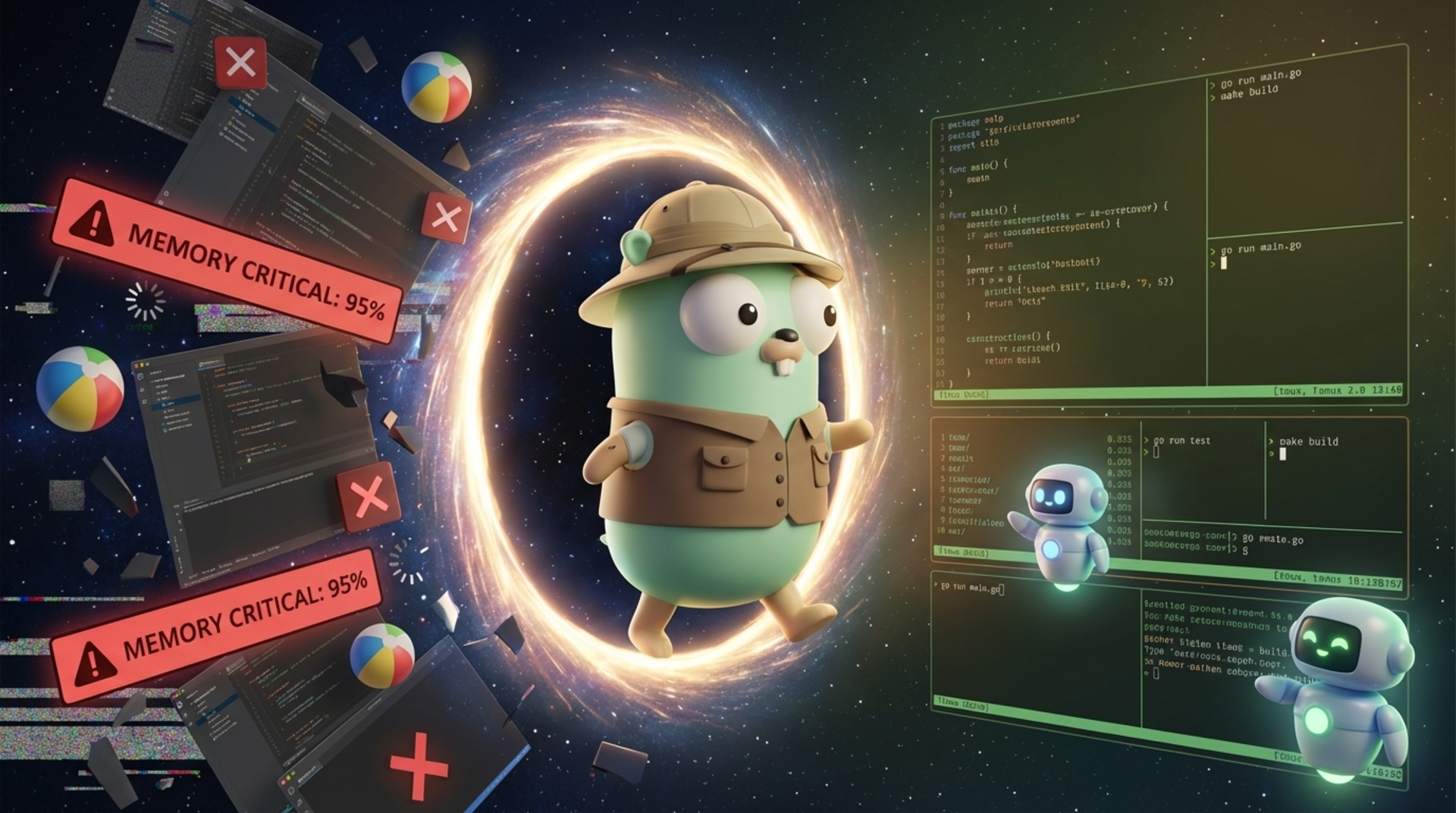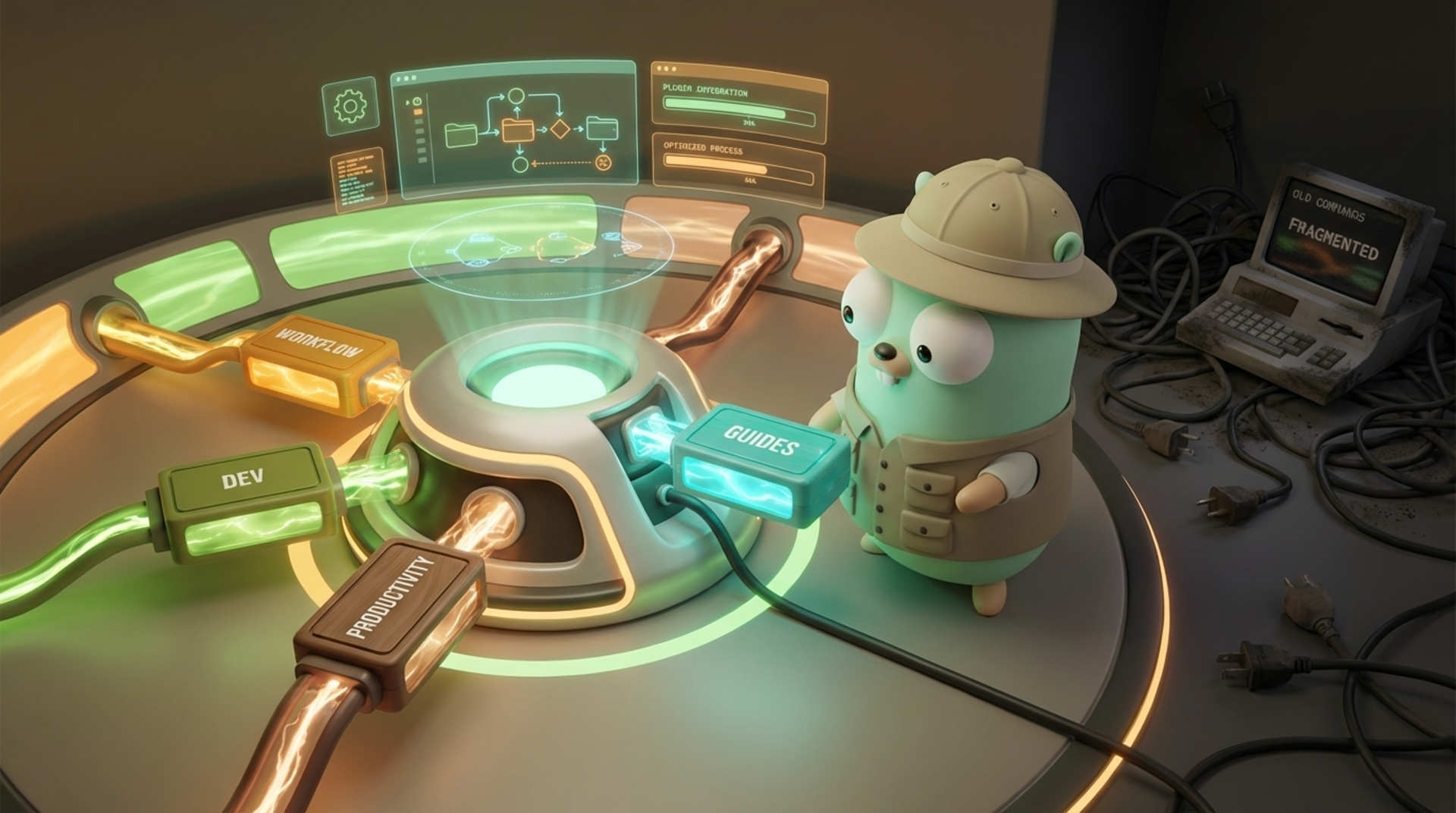What's in a name?
Overview
The art of writing software is the act of communication. You might feel that this is a private conversation about your code with a persnickety compiler, but the audience for software is much larger. It’s the people who use your libraries and your APIs, the folks who work with you maintaining the codebase, and it's you, in the future, searching for clues about why you wrote what you wrote the way you wrote it. This talk is all about naming. It’s about the names we give to things in our programs and how those decisions can affect the maintainability of the software we write.
About the go get -u community Conference
The go get -u communityGo Conference was held virtually on Thursday, May 21st in an effort to create relief for Go trainers that were affected by the COVID-19 pandemic. We had attendees and speakers from all over the world as well as members of the Go team. Hosted by Emcees Mat Ryer and Mark Bates, fun, laughs, and learning were had by all!
The art of writing software is the act of communication. You might feel that this is a private conversation about your code with a persnickety compiler, but the audience for software is much larger. It’s the people who use your libraries and your APIs, the folks who work with you maintaining the codebase, and it's you, in the future, searching for clues about why you wrote what you wrote the way you wrote it. This talk is all about naming. It’s about the names we give to things in our programs and how those decisions can affect the maintainability of the software we write.
Slides for the presentation can be found here
About Dave Cheney
David is an open source contributor and project member for the Go programming language. David is a well-respected voice within the tech community, speaking on a variety of topics such as software design, performance, and the Go programming language.
In 2009, while idly perusing Google Reader (we’ll never forget!) he ran across the announcement of a new open source language, Go. It was love at first sight. From that point David’s passion has taken him around the world writing, teaching, and speaking about Go.
David is currently a member of the technical staff at VMware. Prior to their acquisition he served as a Staff Engineer at Heptio, a Seattle based company, focused on building tools to help developers become more productive with Kubernetes.
Interested in more articles from David, check out his blog.



